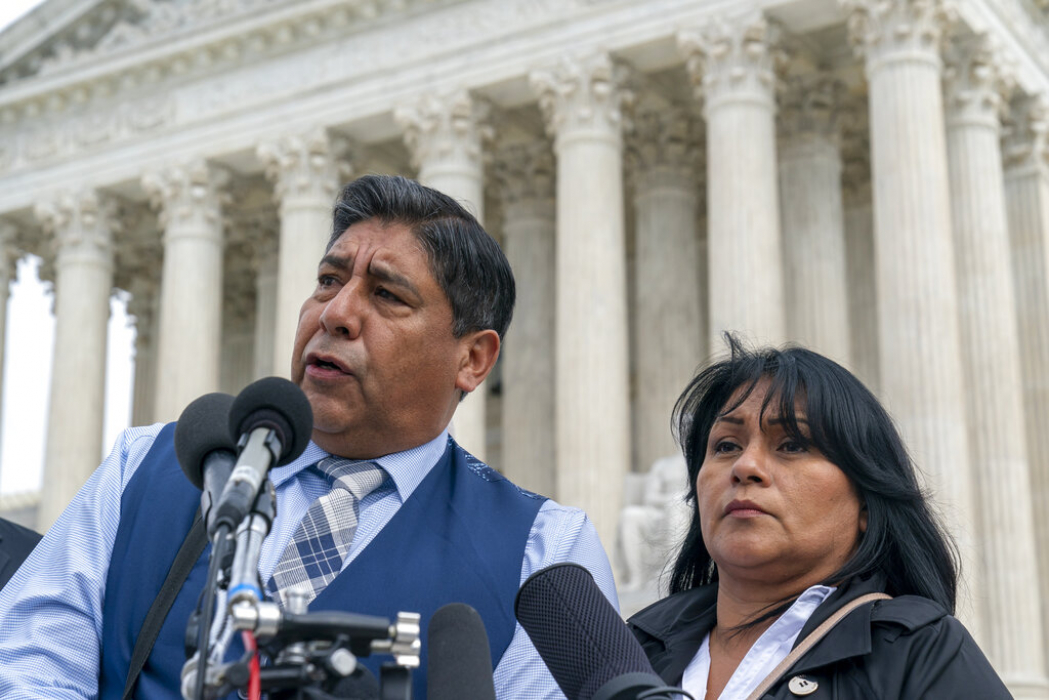The U.S. Supreme Court in Gonzalez v. Google (2023) declined to rule on whether targeted recommendations by a social media company’s algorithms would fall outside the liability of Section 230 of the Communications Decency Act.
Instead, the Court said that its ruling in Twitter v. Taamneh on the same day “is sufficient to acknowledge that much (if not all) of plaintiffs’ complaint seems to fail.” In Twitter, the Court found that social media companies’ hosting of terrorist content, lack of action in removing their content and algorithms recommending their content was not enough to show that they aided and abetted the terrorists in an attack in Istanbul that killed 39 people.
Section 230 of the Communications Decency Act was enacted to allow interactive computer services to edit user content — deleting some messages on message boards, for example — without being considered a publisher liable for what they did or didn’t delete.
The Gonzalez case arose after 23-year-old Nohemi Gonzalez was killed in 2015 in Paris, France, during coordinated attacks across the city by ISIS. Her parents sought to hold Google, which owns YouTube, secondarily responsible under the Anti-Terrorism Act that allows family members of people killed by terrorists to pursue claims against those who “aid and abet” those terrorists.
The family alleged that at the time of the attacks, ISIS was one of the largest and most widely recognized terrorist organizations in the world and carried out the attacks as a means of instilling terror in the public. The messages it communicated before, during and after its attacks, including through YouTube, were part of the physical, emotional and psychological impact ISIS desired to achieve, the suit alleged.
Parents: YouTube essential to ISIS terrorism
The parents said that YouTube had become an essential and integral part of ISIS’s program of terrorism and that ISIS uses YouTube to recruit members, plan terrorist attacks and issue terrorist threats.
Central to their argument was that YouTube’s use of computer algorithms to match and suggest content to users based on their viewing history led to recommendations of ISIS content to others, the parents said.
The parents argued that the recommendations was content created by YouTube, not by others, and thus were not protected from liability under Section 230.
The 9th U.S. Circuit Court of Appeals disagreed with the Gonzalez family and ruled that most of their claims were barred by Section 230 immunity, with the sole exception of allegations that Google approved ISIS videos for advertisements and then shared proceeds with ISIS through YouTube’s revenue-sharing system.
The Supreme Court granted certiorari to review the 9th Circuit’s decision related to Section 230 immunity. The Court noted that the Gonzalez family did not seek review of the 9th Circuit’s holding regarding revenue-sharing claims. It then said in a per curiam decision remanding the case back to the 9th Circuit that in light of the decision in Twitter, “it has become clear that the plaintiffs’ complaint — independent of §230 — states little if any claim of relief.”

